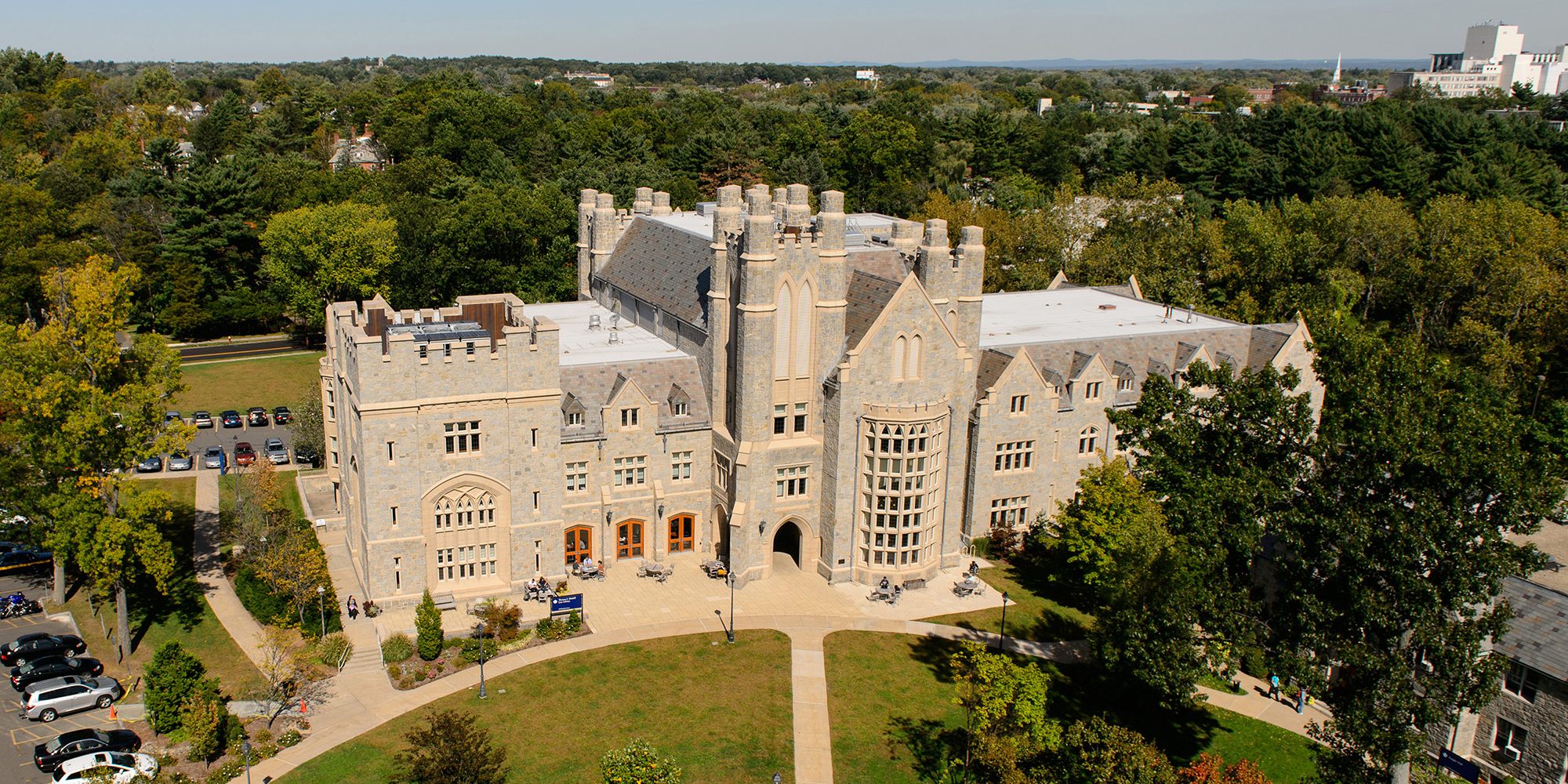
Recent Articles
Disinherited by the State? Civil Asset Forfeiture and Successors’ Rights in Connecticut
Antonella Portugal
Civil asset forfeiture (CAF) allows the government to seize property suspected of being connected to criminal activity, often before any criminal conviction is secured. This Note examines the scope of CAF laws in Connecticut, with the aim of ascertaining what rights, if any, successors have to reclaim property seized but not yet forfeited at the time of the owner’s death. Tracing the legislative history and judicial interpretation of CAF in Connecticut, I synthesize the current legal landscape as to the rights of claimants in forfeiture proceedings. While Connecticut has taken steps to reform its CAF statutes and the courts have addressed key constitutional challenges, I argue that the current CAF regime insufficiently protects successors’ rights and exacerbates systemic inequities. CAF disproportionately impacts race–class subjugated communities, particularly within the context of the War on Drugs and federal equitable sharing programs. Connecticut lawmakers should look toward addressing these key social issues by moving away from CAF proceedings, protecting the rights of innocent heirs, and eliminating the financial incentives in CAF practice that perpetuate inequity.
Read more here.
The Aftermath of the Supreme Court’s Purdue Pharma Decision
MEGAN DALTON DOYLE
2024 Supreme Court decision, Harrington v. Purdue Pharma, resolved a decades-long Circuit split regarding nonconsensual nondebtor releases in Chapter 11 bankruptcy cases. On nonpartisan lines, the Court held that Purdue Pharma’s bankruptcy plan could not include a provision releasing the Sackler brothers from the claims pending against them. In doing so, it expressly disallowed nonconsensual nondebtor releases in any Chapter 11 bankruptcy. However, the Court left open an important question: What qualifies as a nonconsensual nondebtor release?
In the months that followed, bankruptcy courts started to promulgate differing opinions regarding such consensual releases. This Note aims to determine what the best next steps are in light of the Supreme Court’s decision. Part I briefly discusses a background on Chapter 11 and the Circuit split regarding nonconsensual nondebtor releases. Part II analyzes the Supreme Court’s Purdue Pharma decision and the unique circumstances surrounding the case. Part III highlights a few lower court decisions of note which occurred in the months immediately following the Purdue Pharma decision. These cases illuminate two different ways to determine “consent” in the context of Chapter 11 bankruptcies: “opt-in” or “opt-out” releases. Finally, Part IV weighs the benefits and disadvantages of “opt-in” and “opt-out” releases and ultimately concludes that such decisions are best left to the Legislature.
Read more here.
Do Linguistic Canons Matter?
BENJAMIN MINHAO CHEN
For a long time, linguistic canons have been dismissed as dissonant and deficient. But there are ambitions to make linguistic canons guide again. Maxim majoritarianism promises to dissolve opposing canons through the elimination of unsupported pretenders. By empirically identifying the canons that register dominant habits of speech, contemporary jurists hope to bring order to the practice of statutory interpretation.
This Article submits that maxim majoritarianism is futile. It argues that arbitrating between rival canons poses conceptual difficulties that are virtually impossible to resolve. At the same time, it maintains that the co-existence of canon and counter-canon is not necessarily embarrassing. Like practical proverbs, linguistic canons can—and can only—matter if they change beliefs, judgments, and actions—that is, if they are efficacious.
So, do linguistic canons matter? An original experiment tests the efficacy of four classic canons on over 1,500 everyday speakers of English. The last antecedent rule, noscitur a sociis, did not seem to influence how participants construed ambiguous text whereas expressio unius did. These results might be interpreted as further proof of the hollowness of linguistic canons. Yet they also leave open the possibility that linguistic canons can, by signaling avenues of further inquiry, cast fresh light on the ordinary meaning of the law.
Read more here.
News
Access to safe and affordable housing remains a challenge for millions of Americans. Historical and systemic factors, including redlining and discriminatory lending practices, have disproportionately affected minority communities, contributing to disparities in home ownership and exacerbating the housing affordability crisis. Unsafe or inaccessible rental housing, as well as rising rental costs, create additional barriers to housing security nationwide. While progress has been made due to the passage of the Fair Housing Act and other consumer protection laws, the affordable housing crisis and tenant rights’ violations persist. Moreover, the use of artificial intelligence in housing markets and public housing is raising new concerns. Leading scholars will discuss some of these problems and innovative efforts to address them. Participants will also share their predictions for future housing law and policy needs and make recommendations for how to move forward. (more…)
Connecticut Law Review has been ranked as the 50th flagship law review in the United States, according to the 2024 Law Journal Meta-Rankings. Connecticut Law Review improved 8 spots from its ranking in 2023 in order to break into the top-50 flagship journals in the nation in 2024. Professor Bryce Clayton Newell publishes Meta-Rankings of approximately 200 different flagship law reviews across the country, determining their rank based on the Washington & Lee Law Journal ranking, Google Scholar Metrics ranking, U.S. News Peer Reputation score, and U.S. News average 10-year overall school ranking. For more information and to see the full ranking, visit the Law Journal Meta-Ranking, 2024 Edition.
Announcements
Connecticut Law Review will host its first Proof Day for Volume 57 on August 24, 2024, at 8:30 AM in the Starr Reading Room. All members of CLR are required to attend unless previously excused.
Contact Us
| E-mail: | connlrev@uconn.edu |
|---|---|
| Address: | 65 Elizabeth Street Hartford, Connecticut 06105 |